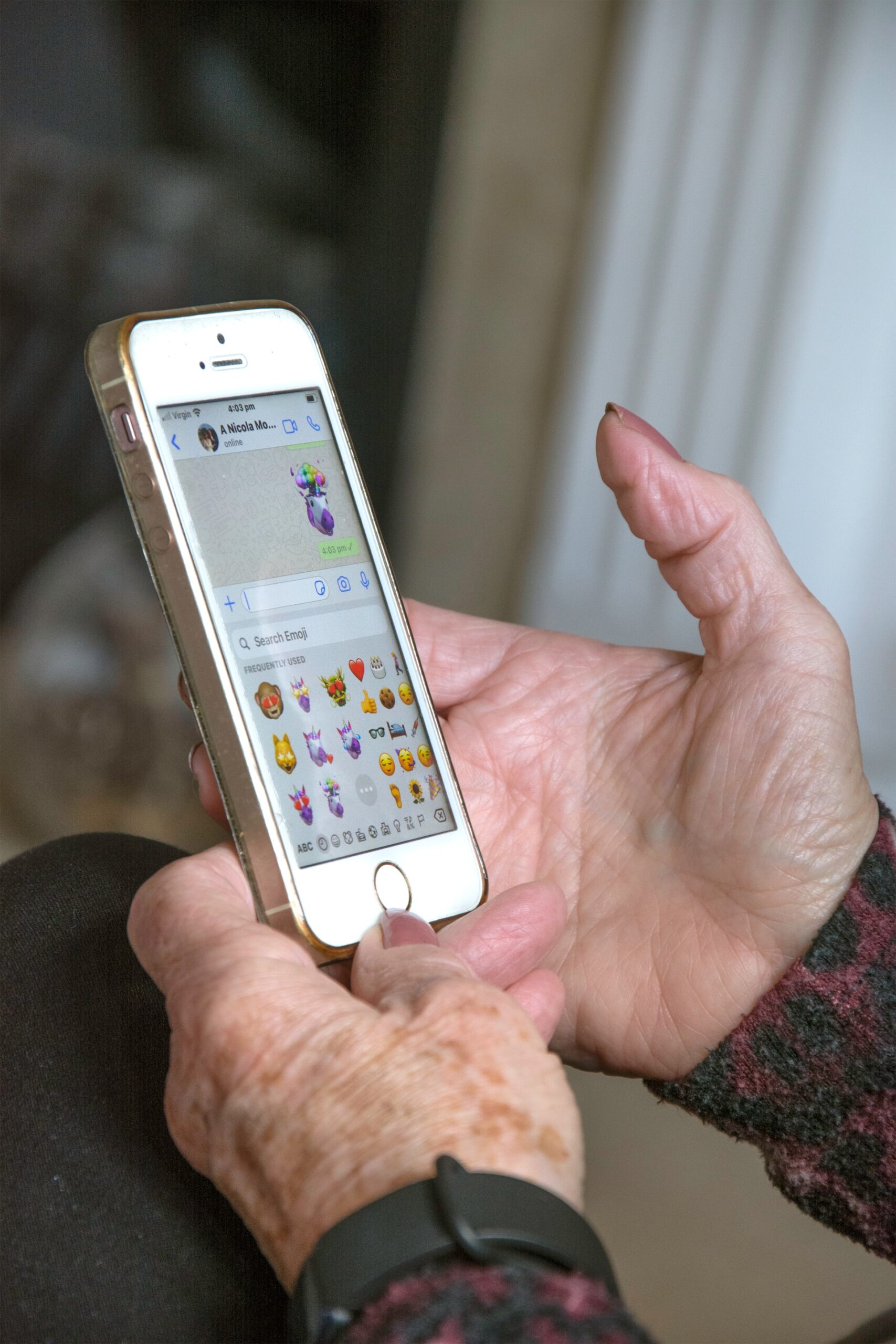Why Dementia Patients Often Misplace Objects and How to Handle It
Dementia patients often experience difficulties with memory and spatial awareness, which can lead to misplacing objects. This issue is not just about forgetfulness; it’s a complex problem related to how dementia affects the brain. Understanding why this happens and finding ways to manage it can help both patients and caregivers.
## Why Dementia Patients Misplace Objects
Dementia is a condition that affects memory, thinking, and behavior. It can cause confusion and disorientation, making it hard for individuals to remember where they placed things. This confusion can be due to several factors:
– **Memory Loss**: Dementia damages parts of the brain responsible for memory, making it difficult for patients to recall where they put items.
– **Spatial Awareness**: Changes in spatial awareness can make it hard for patients to understand their surroundings, leading to misplaced objects.
– **Disorientation**: Patients may forget where they are or how they got there, which can contribute to misplacing items.
## How to Handle Misplaced Objects
Handling misplaced objects requires patience, understanding, and some practical strategies. Here are some tips to help manage this issue:
– **Create a Safe Environment**: Ensure the living space is safe and easy to navigate. Remove clutter and tripping hazards to reduce confusion and stress.
– **Use Memory Aids**: Labeling items or using memory aids like notes can help patients remember where things are.
– **Establish Routines**: Encourage patients to follow daily routines, which can help them remember where they place items.
– **Support and Patience**: Be patient and supportive. Avoid scolding or correcting the patient, as this can increase anxiety and make the situation worse.
– **Adapt Home Layout**: Rearrange the home to make it easier for patients to find things. For example, place frequently used items in easy-to-reach locations.
By understanding the reasons behind misplaced objects and implementing these strategies, caregivers can help dementia patients feel more secure and independent in their daily lives.





